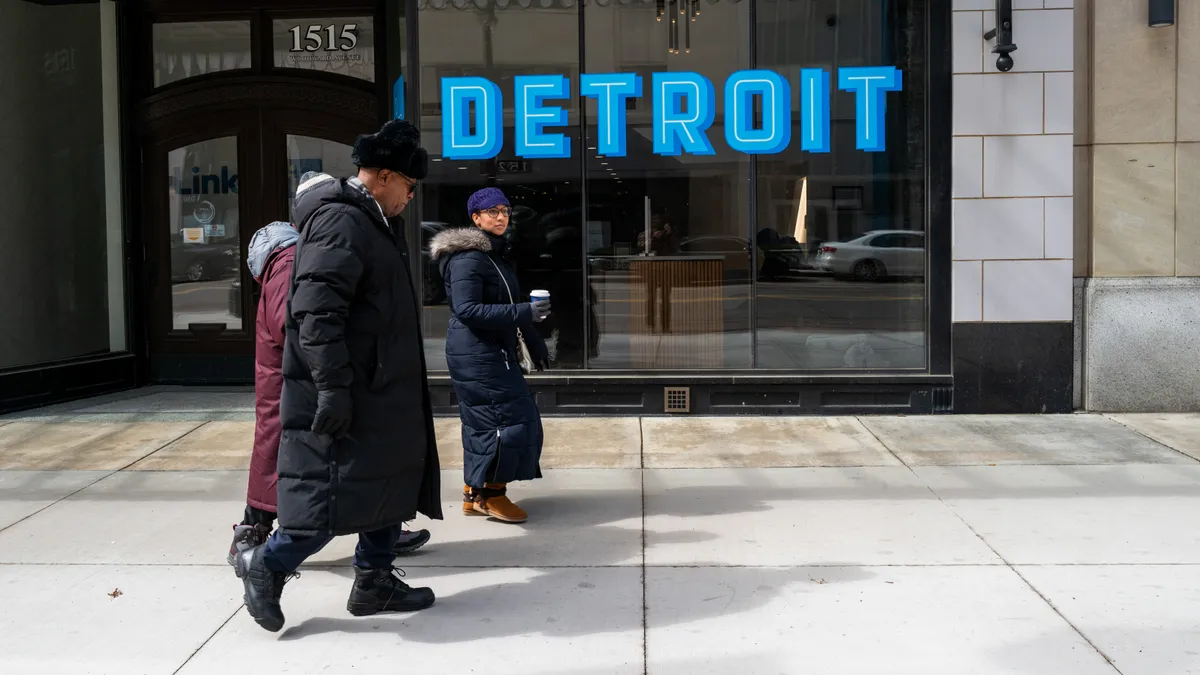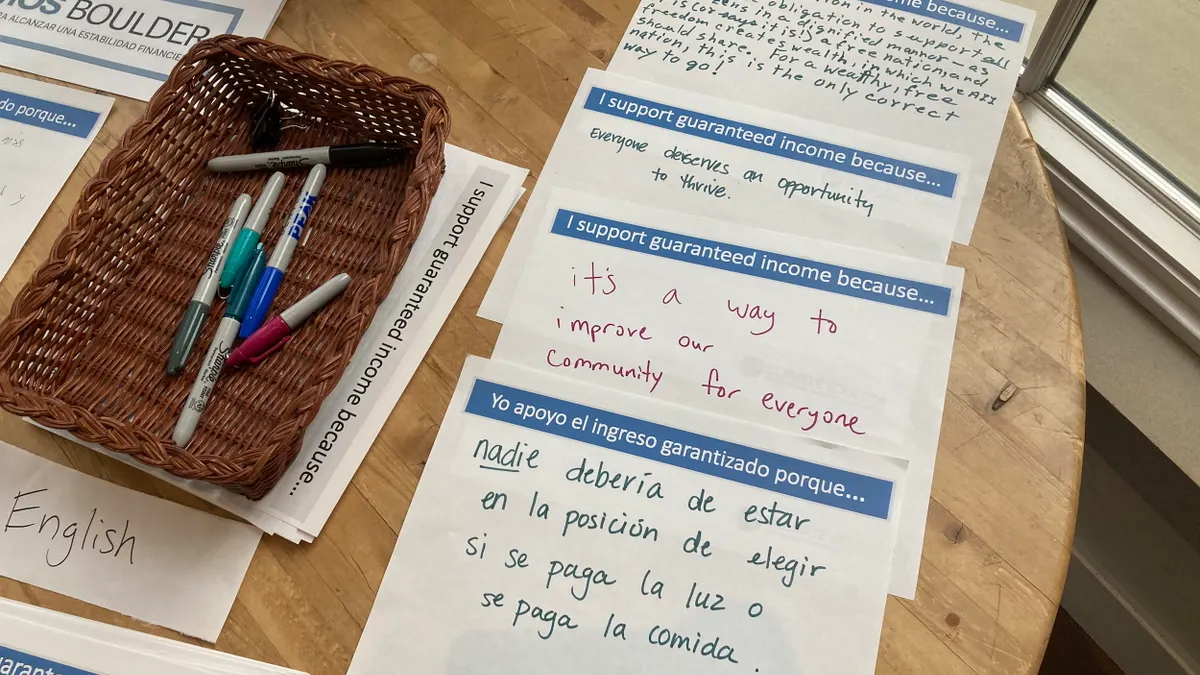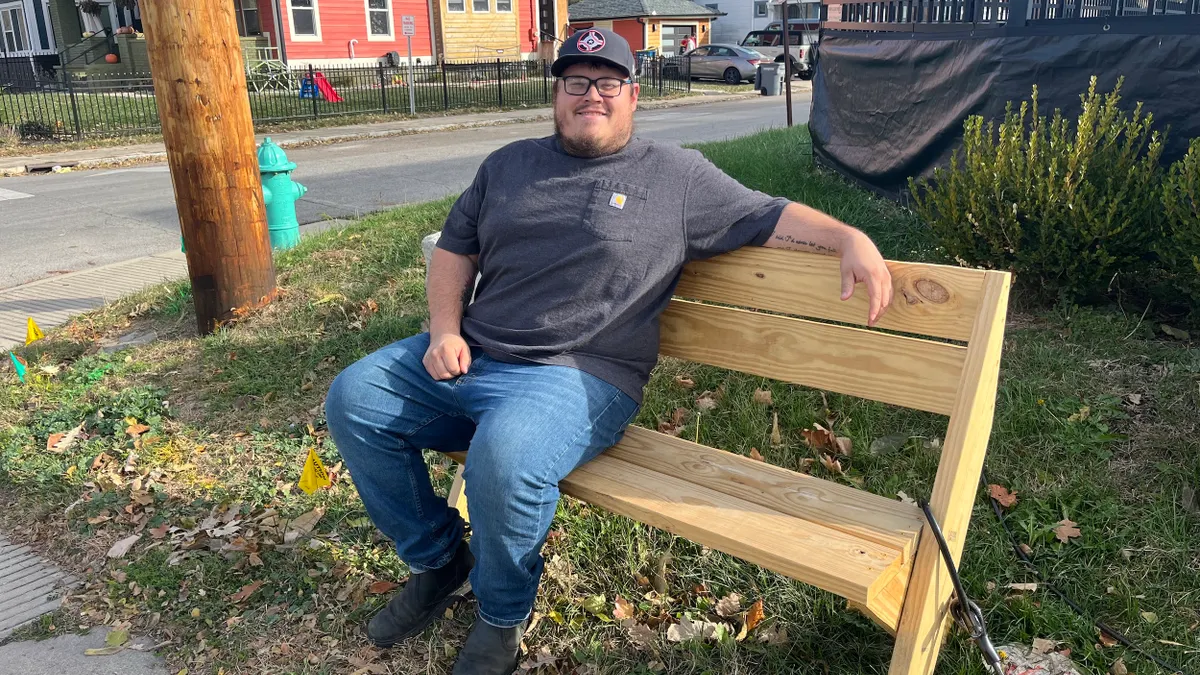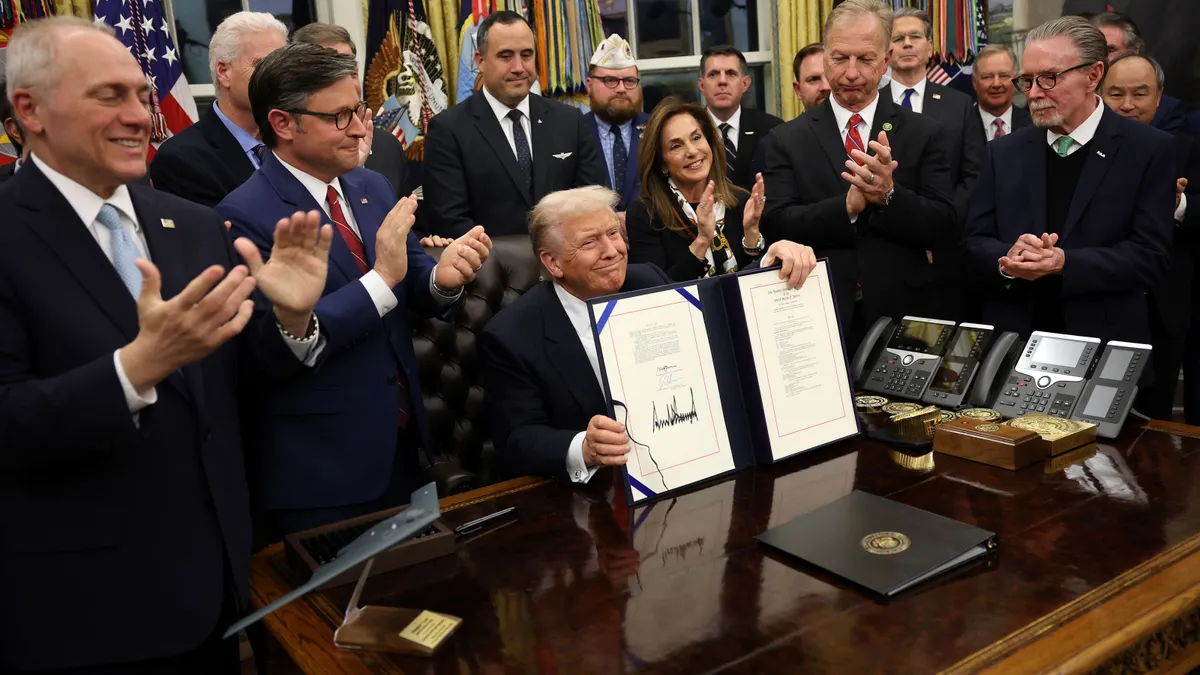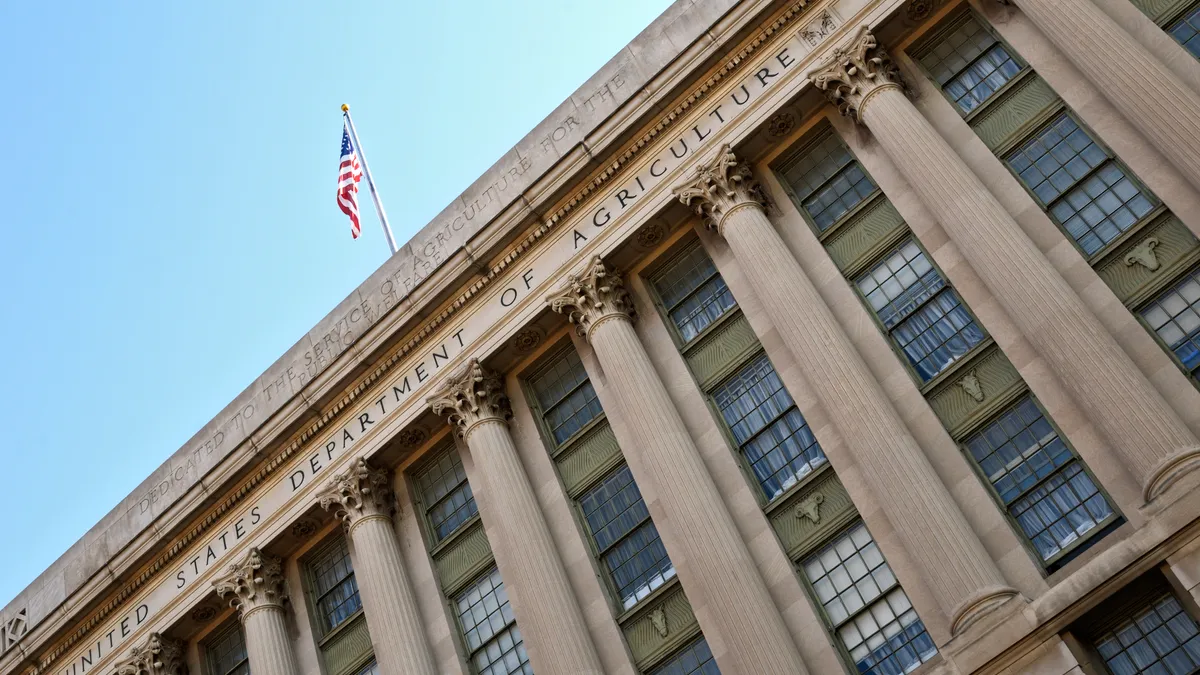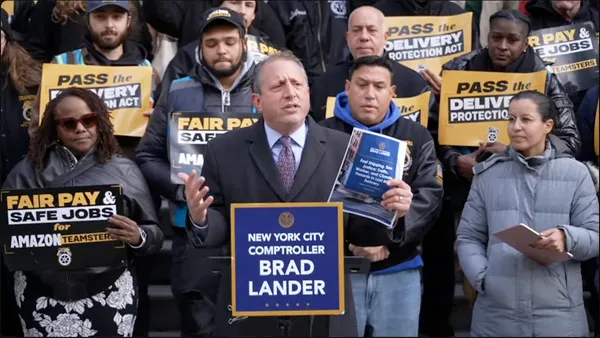The disparate impact of the COVID-19 pandemic — and the uneven recovery — have highlighted historic inequities in public spending. Looking at how it might use some unclaimed funds from the CARES Act, the $2.2 trillion stimulus bill for pandemic recovery, to create the largest positive impact on communities, the U.S. Economic Development Administration created a new fellowship program to help historically underserved communities. In February, the new Economic Recovery Corps welcomed its first cohort of 65 fellows to begin their 30-month placements in cities, counties, territories and tribal lands serving as host communities across the U.S.
The ERC’s mission is to build capacity in some of the hardest-hit and most economically distressed areas across the United States while cultivating the next generation of economic development leaders, according to a press release about the first cohort. A coalition of national organizations, led by the International Economic Development Council, launched the corps in 2023 with a $30 million cooperative agreement from the EDA, part of the U.S. Department of Commerce.
The EDA funding is a one-time infusion. “It’s on us beyond this point to see how this can be sustained. There is a lot of interest from EDA and other federal agencies to keep this going,” ERC senior program director Nicole Manapol said.
Manapol is planning for future cohorts and hosting organizations once the first cohort of fellows settle into their new roles, she told Smart Cities Dive.
“With the success of this first cohort serving as a proof of concept, we hope there will be an opportunity to scale the program in the future, providing more economic development resources to communities that need them most,” Alejandra Castillo, assistant secretary for commerce at EDA, said in the press release.
Manapol, who has run several different fellowship programs and was a Peace Corps volunteer, says she believes longer-term fellowships like ERC’s 30-month placements — which are similar in length to Peace Corps placements — allow people to learn and best serve a community.
ERC follows in the footsteps of other fellowships that have succeeded in the U.S. economic development space, such as the American Connection Corps. ACC aims to activate local leaders in rural and emerging communities to advance economic prosperity. It’s a program of the Lead for America national service organization, which also operates a fellowship program for military veterans to enter civic leadership in their hometowns. A separate program, Govern for America, describes itself as a stepping stone for a new generation of people called to public service, especially as the sector “saw a huge amount of folks” leaving during the pandemic, said co-founder and CEO Octavia Abell.
The fellowship model is more likely to succeed, Abell said, when “fellows are working as part and parcel to the core team” of the organization they’re supporting in full-time roles. Treating the fellow as a full team member can lead to stronger partnerships and clearer impacts, she added, warning against the creation of a silo or isolating the fellow’s role from the work of the rest of the team.
Like the ERC program, both Govern for America and ACC work to recruit people from the communities that are being served.
“We have a philosophy around home-grown and locally-rooted leadership,” said Eric Kotin, director of strategic initiatives at Lead for America. That helps ensure a member’s job is not made even harder by being in an environment that is difficult for them to understand, Kotin said.
EDC projects and the fellows who are pursuing them include the following:
Decarbonization and environmental justice in the Los Angeles area
In Los Angeles and Santa Barbara counties, the cities of San Fernando and Pasadena are collaborating with other organizations to help community development groups and small businesses take advantage of state and federal funding for climate-focused and clean energy projects.
Working with host organization The Center by Lendistry, ERC fellow Frances Weiner, who has a background in business consulting for climate-related solutions, will create a toolbox of resources that help build the capacity of community-based lenders and other organizations to acquire zero-emissions technology and support environmental justice programs.
The center is well-positioned to help cities and counties with climate project pipelines, but Weiner will help with community outreach and research, said Miranda Rodriguez, vice president of strategy and operations.
Weiner will be “connecting dots and creating resources” to address the climate gap of solutions in the region that specifically serve low-income and underrepresented communities, Rodriguez said.
Preserving housing around a light rail line in the Maryland suburbs
The new Purple Line light rail line is slated to open in 2027 in Maryland’s Montgomery and Prince George’s counties outside of Washington, D.C., providing an east-west transit route that connects to the Metro subway system as well as regional MARC trains, Amtrak trains and buses. Host organization Enterprise Community Partners is part of a broad coalition of organizations working to preserve affordable housing around the Purple Line.
Fellow Vonnette Harris is bringing over 16 years of experience in affordable housing, including work related to the Purple Line.
“We already were acquainted with her and her good work in that space,” Laura Searfoss, ECP’s Mid-Atlantic market senior program director, said. Her past experiences “are a huge asset to us.”
Many of the residents that could be forced out by higher housing prices are first responders who helped the D.C. community through the pandemic, Searfoss said.
“Preservation is a very messy topic, so it does take someone … able to be a lot more hands-on and bring people together in a way that, without fellowships like this, we may not be able to afford to do consistently,” Searfoss said.
Investing in Detroit, from Detroit
The National Coalition of Community Capital, or NC3, aims to activate local investors in Michigan communities to spur resident-driven development, whether for housing, revitalizing downtown areas or growing local business.
NC3’s ERC fellow, Sydney Lorraine Davis, is a tech startup founder who has experience working with venture capital and more traditional forms of capital. Davis will help formalize NC3’s outreach and resources about community-raised capital, working with Michigan-based business accelerators to expand their options beyond traditional forms of capital.
Davis will help NC3 “demonstrate we can do it here in Michigan … and accelerate the movement” to bring community-raised capital to every community, NC3 founding board member Chris Miller said.
While the fellow will work in areas of Detroit and smaller towns in Michigan, Miller believes the concept is worthy of every city in the U.S. “We think every [ERC] project that gets done in the next two and a half years should have community investors in it,” Miller said.
Using AI and other tech for workforce development outside of Phoenix
Host organization WESTMARC has worked with many other local organizations on a regional workforce development strategy for the western part of Maricopa County, Arizona, but it wants to better target its outreach to businesses.
One question it’s addressing is, “how do we continue to position the region as tech-forward but also leverage the technology to solve for some of these workforce issues,” Executive Vice President Kimberly Jordan said.
WESTMARC sees a path for technology adoption that upskills the Maricopa County workforce without shrinking it, WESTMARC President and CEO Sintra Hoffman said. It aims to develop new training and education pathways that will result in higher-wage jobs, more innovation, and industry growth.
ERC fellow Luciano Oviedo is pursuing a Ph.D. in business administration focused on the social impact of emerging technologies. His tech experience and big-picture perspective are what convinced WESTMARC’s leadership he was a good fit, its leaders said. The plan is for him to learn local business labor force needs and look at how AI and other technologies could help develop a more technologically advanced workforce that aligns with those needs.
Oviedo “could see this project and the outcomes even beyond the scope of the [fellowship] project, really developing some best practices and insights and processes that could be scaled and adopted elsewhere,” Jordan said.


